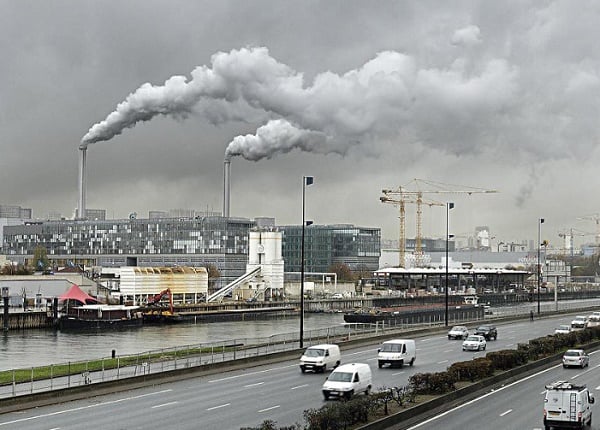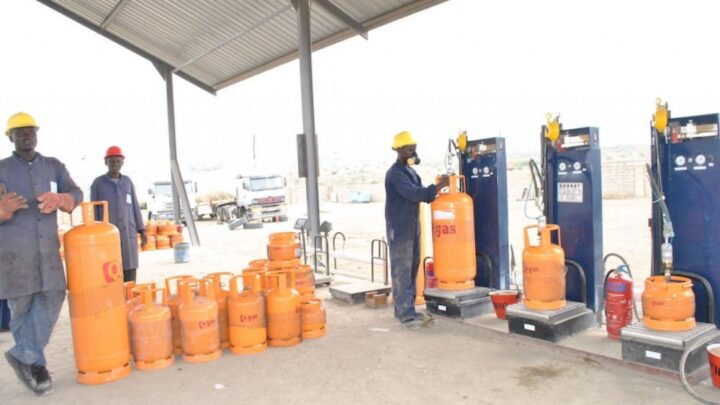Air pollution
A study by the Clean Air Fund (CAF), a global philanthropic organisation, states that African countries receive little funding to tackle air pollution despite having “heavily polluted cities”.
The study released on September 7 to commemorate the International Day of Clean Air for Blue Skies showed that African and Latin American nations received just 15 percent of total global funding, adding that Nigeria, which had 70,150 early deaths because of air pollution, received just $250,000.
The theme for this year’s day is “Healthy Air, Healthy Planet”, but CAF study said though dirty air is the world’s biggest environmental killer, responsible for at least four million early deaths a year, it only receives one percent in global development aid.
It said air pollution kills more than malaria, HIV/Aids and tuberculosis combined but receives less attention from governments around the world who rather gave 20 percent more in overseas aid funding to fossil fuel projects in 2019 and 2020 than to programmes to cut the air pollution they cause.
Advertisement
According to the study: “Funding for air quality projects is also heavily skewed towards middle-income Asian countries, with African and Latin American nations receiving just 15% of the total, despite having many heavily polluted cities.
“For example, Mongolia, which had an estimated 2,260 deaths related to air pollution in 2019, received $437m (£316m) from 2015-2020, while Nigeria, which had 70,150 early deaths because of air pollution received just $250,000.
“African and Latin American nations have more than 500,000 deaths a year because of air pollution, and that number is rising. But they receive just 5% and 10% of aid funding respectively,”
Advertisement
Jane Burston, CAF executive director, described the situation as “crazy and shocking”, saying the study does not suggest that funding for malnutrition, water, sanitation and HIV/AIDs projects should be reduced but that funding for air pollution should be increased.
“When you see the incredibly and chronically low levels of funding on the one hand, and the chronically high levels of public health impacts on the other, it becomes quite obvious that more funding is needed,” she said.
“Air pollution is a massive health crisis, but a lot of the projects that would reduce pollution also help limit climate change, because they’re about reducing fossil fuel burning. There can be massive wins for equity too, because the poorest communities are often the most affected by air pollution, wherever you are in the world.
“Africa is where pollution is most likely to grow, because of rapid urbanisation, so there’s a huge opportunity there to tackle air pollution before it gets horrifically bad,”
Advertisement
Inger Andersen, the head of the UN Environment Programme (UNEP), also said air quality funding did not match the scale of the problem.
“Our relentless burning of fossil fuels pollutes our air, costing the global economy billions of dollars each year. Ending the financing of fossil-fuel development and instead investing in growing clean, carbon-free economies will bring immediate benefits. It will save many lives,” he said.
The report recommends increasing funding levels, stopping all new fossil fuel investments immediately and making air pollution an explicit priority for development aid.
Advertisement
Add a comment






